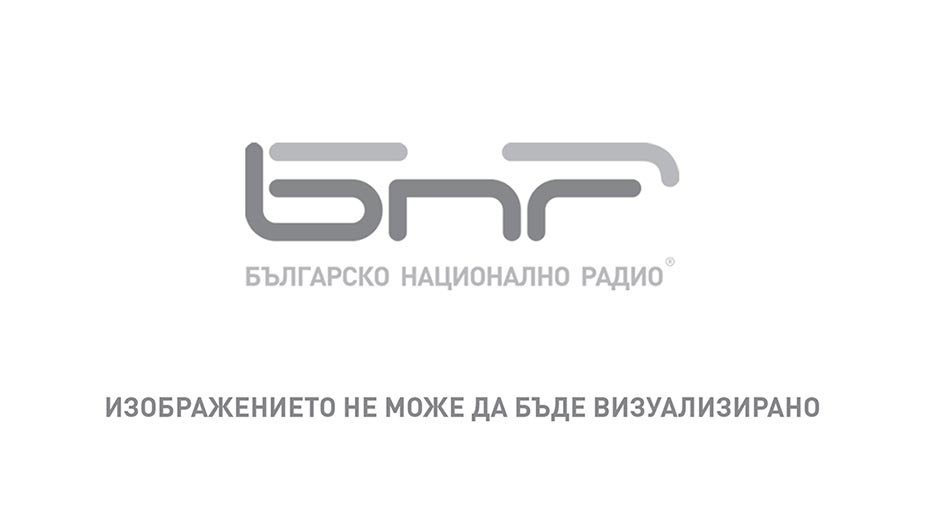
The idea of performing the first transplantation in Bulgaria emerged spontaneously, during a medical report, one morning back in 1964. Four years later in Alexandrovska Hospital the first successful kidney transplant was performed in this country. Head of the Urology Clinic at the Military Medical Institute, as the hospital used to be called back then, Prof. Stoyan Lambrev, took the important decision for doing the first surgery. Preparation of the first transplant team started with medical trials on 22 stray dogs. On 1 February 1969, the operating team headed by Professor Stoyan Lambrev and assistants Prof. Nikola Atanasov, Prof. Hristo Kumanov and anesthetist Georgi Tenev carried out the first successful organ transplant.
50 years later, records show 1500 patients who have undergone successful kidney transplants at Alexandrovska Hospital. The teams of urologists, immunologists and anesthetists have created a program for the development of kidney transplantation in this country, as well as principles for the selection and preparation of donors and recipients. They have gained much experience and are already making precise selection of various types of surgical interventions, procedures for the explanting and storage of different organs. Thanks to the numerous clinical cases described and studied over these 50 years, the science of transplantology in Bulgaria has been greatly enriched. The foundations of multidisciplinary unification of specialists, of organization and team work, which have been providing the positive results today, were laid back in the past, said Prof. Marin Georgiev, head of the Urology Clinic at Alexandrovska University Hospital, which has organized a solemn celebration dedicated to half a century of transplants in Bulgaria. According to the doctor, from the beginning to the present day, the clinic has established itself as the leader in the sphere in Bulgaria with the largest number of transplants.
“We are the only hospital with 4 prepared teams who can respond to any situation literally 24 hours a day and 365 days a year", Assoc. Prof. Marin Georgievexplains. "There have been cases when we did five transplants for just two days. Resources are available, people are available, and very often these people sponsor the hospital with their desire, hard work, sleepless nights, and the risks they take during their travels. We firmly stand behind this activity, but of course there is still much to be desired. However, all needed prerequisites for the bright future of transplants in Bulgaria exist. Behind every successful transplant there are people - doctors who started a pioneering activity in medicine in difficult years, resisted the hardships of time and left experienced students behind, who continue their work today. We are proud that doyens of transplant medicine have not left the country but are among us. Our teachers chose to stay in Bulgaria to fight for the lives of their patients and to pass on their knowledge to the next generation.”
 On the occasion of the anniversary, prizes for contribution to Bulgarian transplantology were also presented. Among those who received awards are Prof. Dr. Hristo Kumanov, founder of kidney transplants in Bulgaria and Dr. Kolyo Nikolov, surgeon and teacher of urologists back in the 1960s, also pioneer of kidney transplants. Upon presenting the awards, Deputy Minister of Health Dr. Boyko Penkov pointed out that Bulgaria was among the first countries in Europe where successful kidney transplants were carried out in the middle of the last century. Currently, the main problem is the lack of donors in this country. Dr. Penkov added that the Ministry of Health will launch a campaign that includes a card under the motto "Donate Life", which will be carried along personal documents by the citizens. Through it, anyone can express consent to organ donation in case of a sudden accident. If one refuses to participate in the donation program, the card could be destroyed.
On the occasion of the anniversary, prizes for contribution to Bulgarian transplantology were also presented. Among those who received awards are Prof. Dr. Hristo Kumanov, founder of kidney transplants in Bulgaria and Dr. Kolyo Nikolov, surgeon and teacher of urologists back in the 1960s, also pioneer of kidney transplants. Upon presenting the awards, Deputy Minister of Health Dr. Boyko Penkov pointed out that Bulgaria was among the first countries in Europe where successful kidney transplants were carried out in the middle of the last century. Currently, the main problem is the lack of donors in this country. Dr. Penkov added that the Ministry of Health will launch a campaign that includes a card under the motto "Donate Life", which will be carried along personal documents by the citizens. Through it, anyone can express consent to organ donation in case of a sudden accident. If one refuses to participate in the donation program, the card could be destroyed.
Currently, 670 transplanted patients are being monitored in the Transplantation Clinic of Alexandrovska Hospital, with the longest survival time of such a patient being 32 years in this country.
English: Alexander Markov
Photos: BTAFrom today, residents of Stara Zagora, young and old, can send their letter to Santa Claus. A letterbox has been set up in the foyer of the city's State Puppet Theatre to collect messages for Father Christmas. The cultural institution guarantees that..
A Christmas tree with Bulgarian decorations has been placed in a central location at the Griffin Museum of Science and Industry in Chicago. For the fifth consecutive year, Bulgarians living in Chicago crafted the lavish decoration of the Bulgarian..
The usurpation of cultural heritage is one of the many inevitable consequences of any military conflict, both historically and today. Until the end of the war in Ukraine, it is impossible to adequately analyse the extent of the damage caused to the..
Two graduates of the Bulgarian School "Saints Cyril and Methodius" in Jordan presented their achievements at an event at their school "Hadi al Muhammadi"..
1000 participants will take part in the first Burgas Half Marathon, which will take place this Sunday, 24 November. The event will bring together..
Radmila Sekerinska from North Macedonia appointed NATO Deputy Secretary General NATO Secretary General Mark Rutte has appointed Radmila Sekerinska..

+359 2 9336 661
